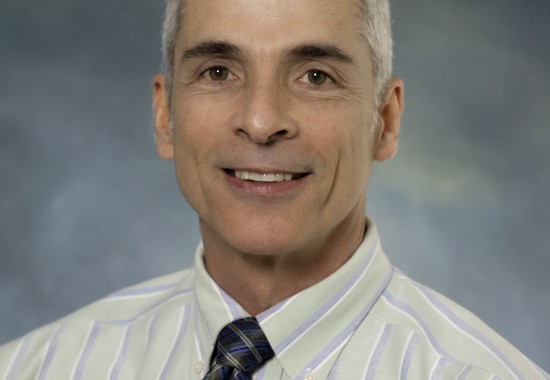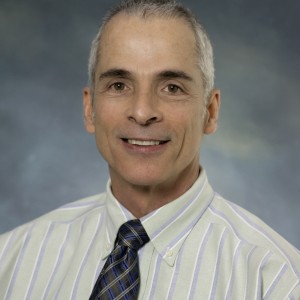What is the current focus of your research?
John Whyte: I have a couple of content foci. One is prolonged unconsciousness and the minimally conscious state, from defining patients’ medical needs to developing assessment technology to develop new treatments.
I also have an area of content that’s related to higher functioning traumatic brain injury patients, looking at how their cognitive impairments relate to the nature of their brain damage and what kinds of treatments and supports can help them function better.
Different patients will need different treatments. Just saying, “Oh, the patient forgets things” may not translate immediately into what’s the best treatment for that patient, but if they forget things because of a primary memory problem versus they forget things because they have an organizational problem in terms of how they store things and how they retrieve things in an efficient manner, those might be two different treatments. It’s figuring out ways to sort the patient population such that you end up with groups that will benefit from specific things. It’s kind of the rehab branch of personalized medicine.
Over the course of my years the content of the meta work has also grown. That meta work has to do with, broadly speaking, identifying the specific things that make rehabilitation research challenging and trying to find solutions for those things.
If you look at my publication history, you would see a set of articles and a set of meta articles. There’s the specific things that I’m studying—what’s the best treatment for this and that, and how should we measure something and so on.
For example, in mainstream medicine when we want to assess the efficacy of something, it’s usually the efficacy of a particular chemical molecule or a particular surgical procedure that results in well-defined changes in the anatomy, you know? For example, your stomach is 20 percent as big as it used to be before I shrunk it for you.
In rehabilitation, though, we don’t have any kind of agreed upon nomenclature for the “active ingredients” of treatment. We end up doing a study to see whether six hours of physical therapy is better than three hours of physical therapy. That would be like doing an experiment asking whether more pills are better than fewer pills for curing your pneumonia. We would rather talk about what’s in those pills, but we don’t know how to talk about what’s in that physical therapy.
Implicit in comparing six hours to three hours is saying it must not matter how you spent your time, which is a pretty scary thing to say.
Then because of, let’s say, a challenge in designing a study to find out whether treatment A or treatment B is better, I end up writing about why it’s challenging to compare treatments A and treatment B, and what that tells us about the research design problem.
Just to give you one example, everyone is very fond of the placebo-controlled trial. It’s what we all grow up thinking is the gold standard, but a placebo means something that is fully plausible and completely inert. If I’m doing a training session on how to cope with your memory, what would the training session look like that’s fully plausible and completely inert that I would compare that to?
That’s a big challenge in rehabilitation. It’s easy to make a placebo for a chemical. It’s basically impossible to make a placebo for an experience-based training approach, which is what most of rehab consists of.
Which aspects of your work are you most excited about right now, and why?
JW: I’m excited about everything I do. I do think that I would say about the treatment definition stuff, I’m excited and nervous. It’s an extra-complicated task, and it’s difficult to do it in a way that’s not too complicated. That’ll be exciting if we can pull it off.
What is your most significant success? What are you most proud of?
JW: My most important past success past is a project that Dr. Joseph Giacino and I ran in minimally conscious patients that showed that amantadine can accelerate the recovery of consciousness of those patients. It was really the first successful study to show an impact on recovery from brain injury.
What do you like to do when you’re not working?
JW: Cultural things. I’m a fan of theatre and music and art, and I also like outdoor kinds of things, particularly walking. I’m a downtown person with no car. I like to walk everywhere.
What is there that people might not know about you?
JW: (Laughs) I’ve worked here 25 years so I don’t think there’s anything people don’t know.



26 comment on “Q & A with John Whyte, MD, PhD”